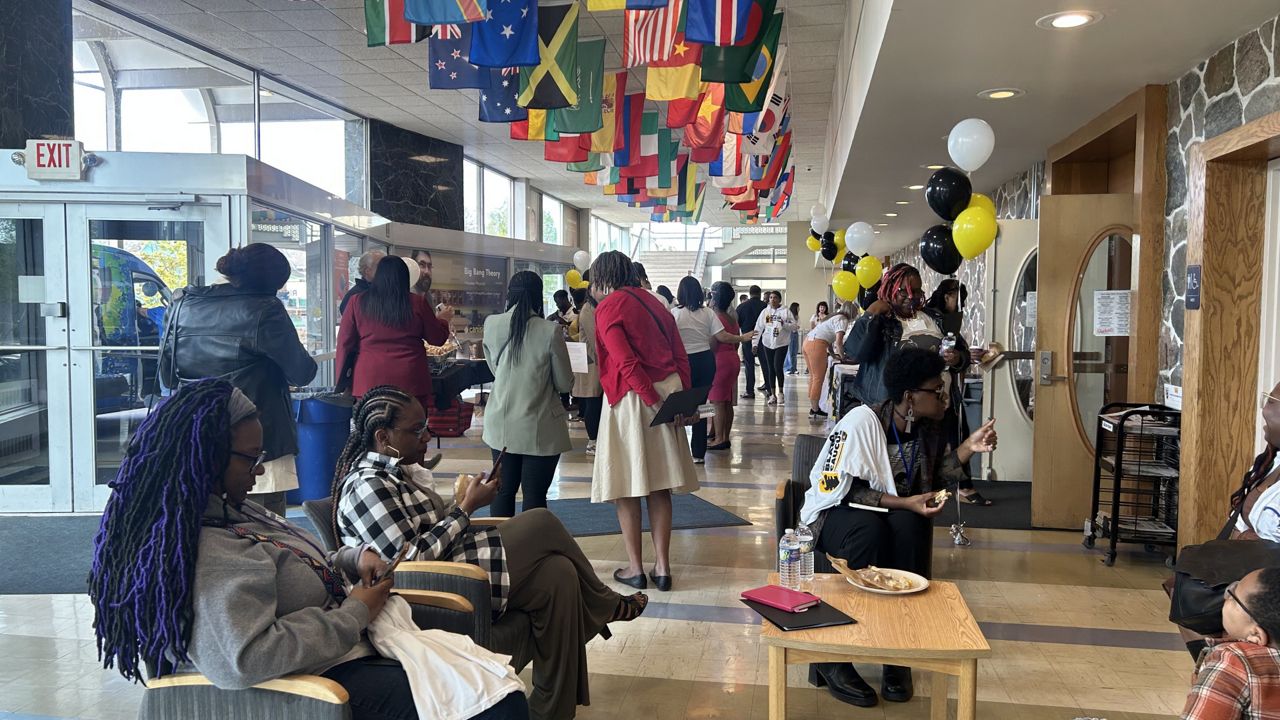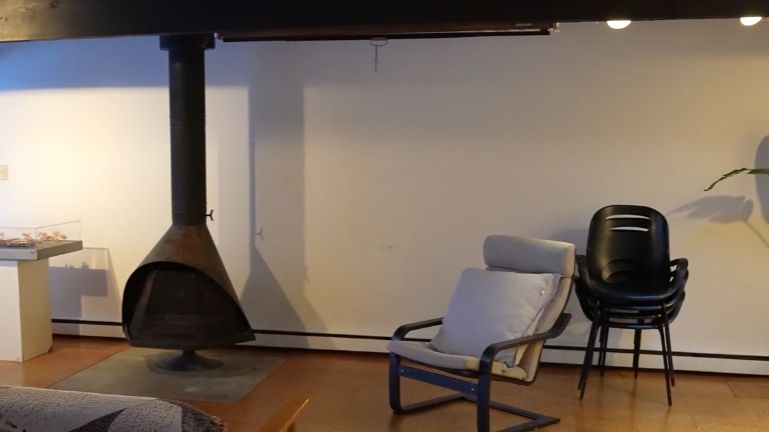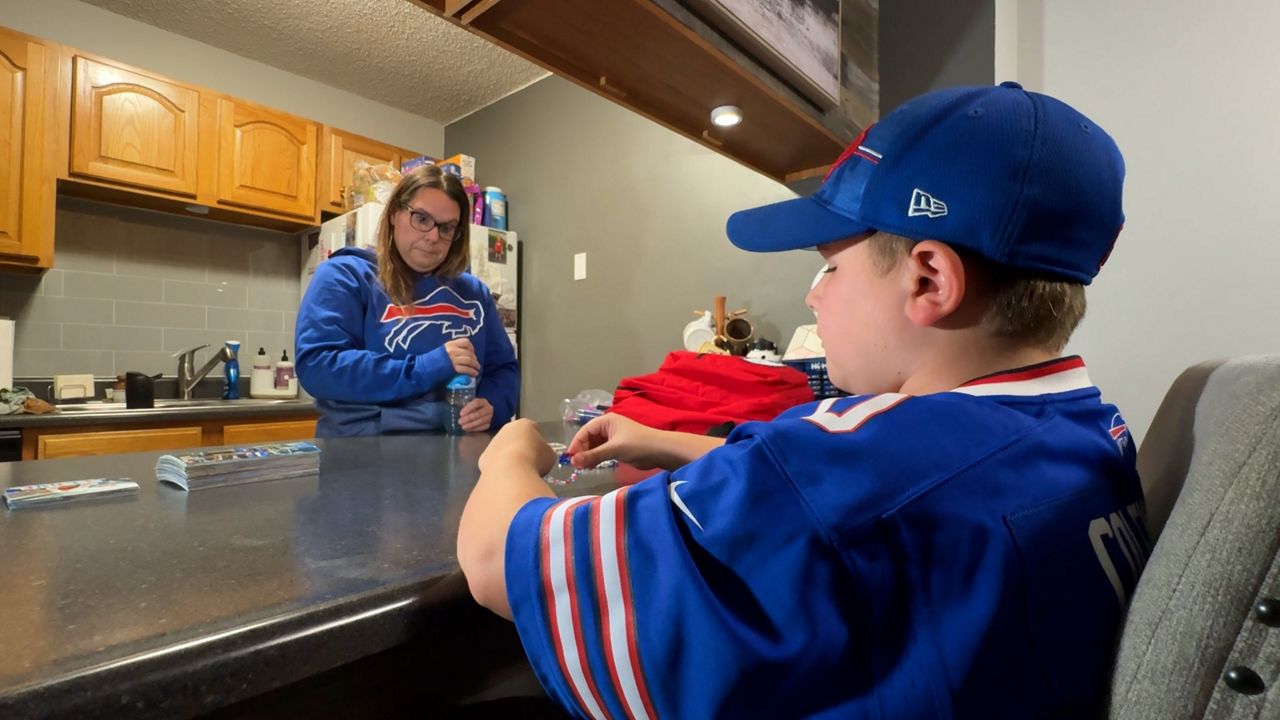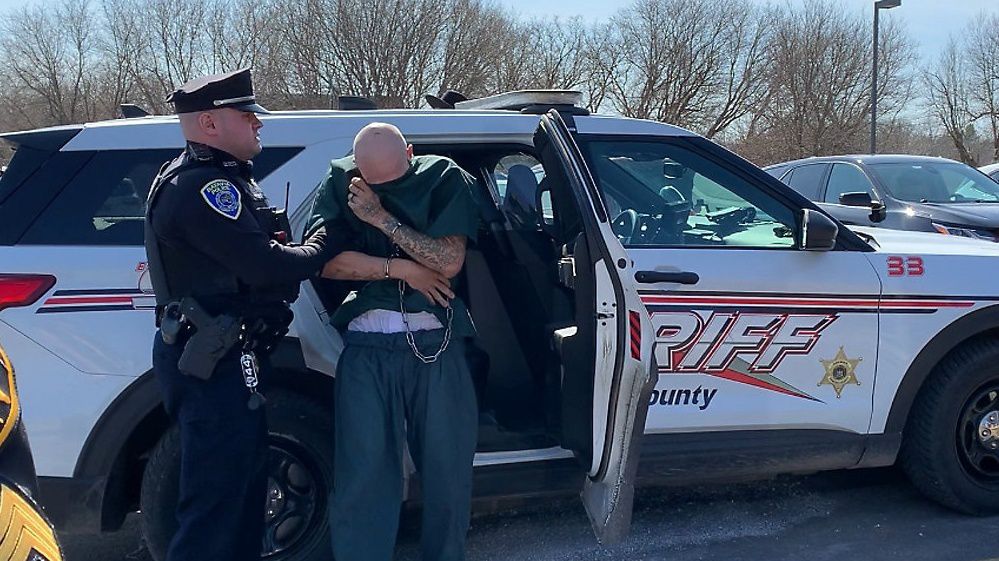BUFFALO, N.Y. — The Partnership for the Public Good, a community-based think tank in Buffalo, is the latest group in New York state looking to pilot a community responder program.
They're teams of social workers and mental health professionals tasked with showing up to non-criminal 911 calls, which may not require police, fire or an EMT.
"They can respond to that call, provide that service and prevent any type of escalation of that crisis, prevent it from getting worse. And save the police time and resources so they can devote their attention to higher priority issues," said Colleen Kristich, senior community researcher, Partnership for the Public Good.
Kristich says they're looking for a nonprofit to launch the program, as more than 80% of calls to Buffalo police are not crime-related.
The Partnership also received a $100,000 state grant through the Office of Mental Health to start community outreach and training.
"In whatever community would host this pilot to make sure the residents know about this model, understand how it would work and have the opportunity to share what they would want to see," said Kristich.
Kristich says there are also about a hundred cities across the country with a similar program, including the Albany County Crisis Officials Responding and Diverting, or ACCORD program, a partnership between the county executive, sheriff, Legislature and University at Albany.
It was first rolled out in rural communities in 2021, and is now ready for more urban areas, still addressing access and a range of behavioral and health problems, while minimizing the presence of law enforcement.
"But every community has a different set of circumstances. Emergency rooms are overflowing, the opiate crisis complicates things. The ability to have a community response that may or may not need the police, and to help people resolve their challenges in the community, that's a value added. Everyone benefits from that and that's the lesson," said Stephen Giordano, Albany County Mental Health commissioner.
It's the lesson Kristich hopes to achieve. And while the programs may look different, the goal is the same.
"Civilian, unarmed responders going independently to the call, resolving that need in the community whenever they can and getting that person whatever additional help they might need," said Kristich.












